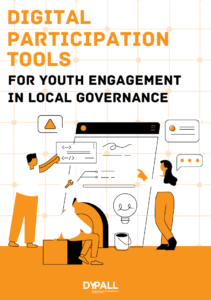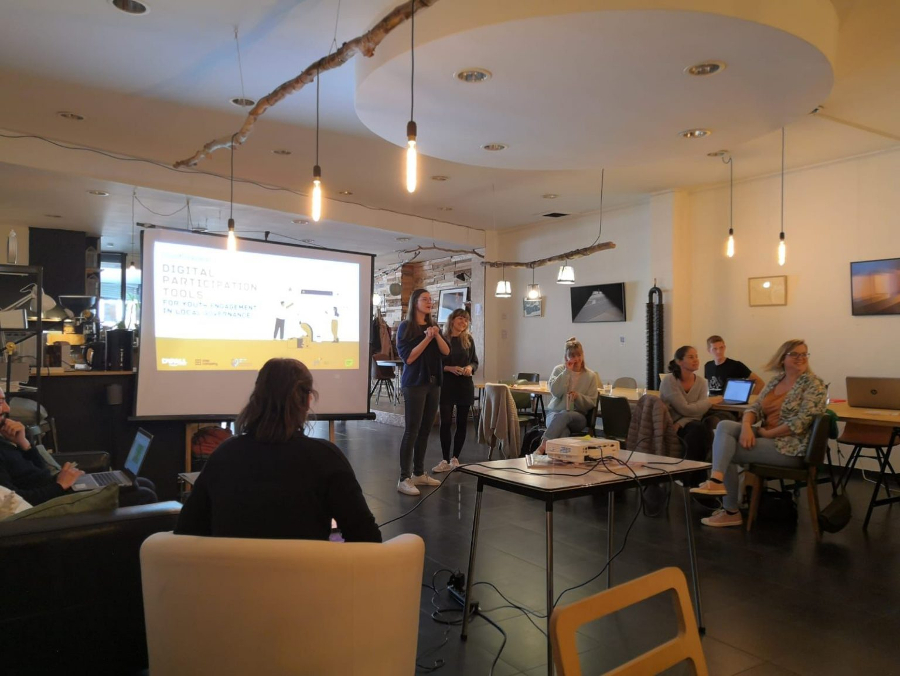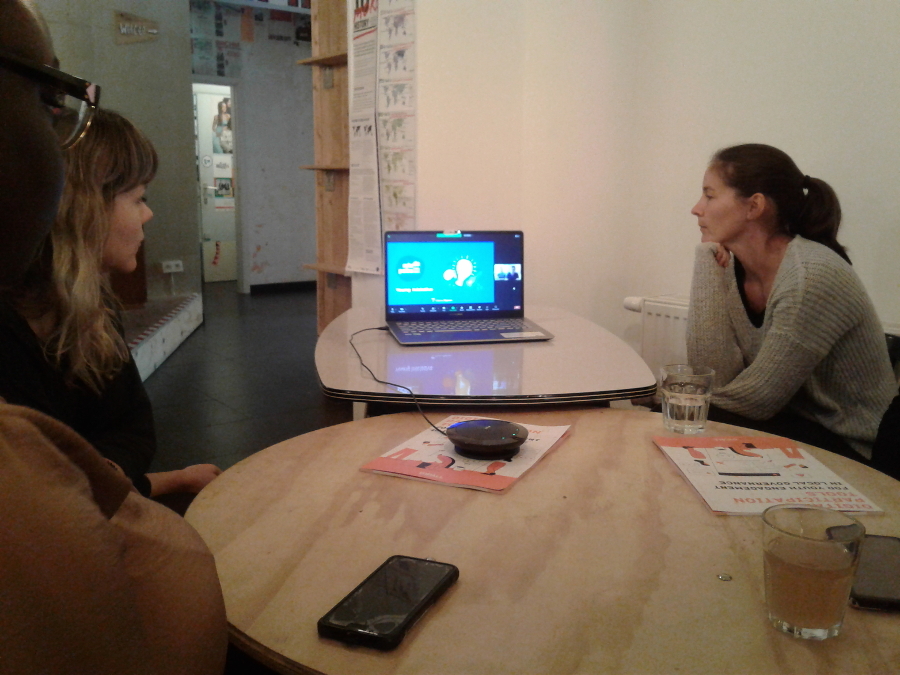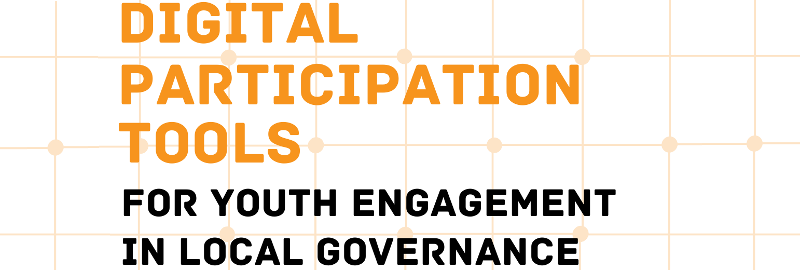European consortium of 5 organizations, including the Institute for Electronic Participation, has collected practice examples of digital tools that strengthen youth participation in decision-making processes at the local level.
These tools and practices were gathered with a particular focus on Belgium, Italy, Portugal and Slovenia, and are meant to serve as a resource for youth workers, civil society organisations (CSOs) and municipalities in their work of engaging young people in decision-making processes.
Some of these examples can be fully replicated in other local realities, some can be adapted, and others can serve as an inspiration. They can be used to support the already existing structures and processes of youth participation or incentivize e-participation in online environments or a combination of both that can be complementary.
Practice cases from Slovenia include the following tools:
- Mlada pobuda digital participatory budget for youth projects in Tolmin municipality (Election Runner).
- Najprej štalca ! initiative to provide empty housing to young people in Maribor (Peticija online).
- Skatepark Kamnik in “Dnevna soba” initiative for supporting youth NGOs premises in Kamnik (Smart Voice of NGOs APP).
- On-line consultation on Youth strategy of Lukovica Municipality (OPIN Platform).
The full study on digital participation tools for youth engagement in local governance is available at https://www.inepa.si/wp-content/uploads/2024/09/Publication_Study-on-Digital-Tools.pdf.

Mlada pobuda – The Youth Initiative case was presented by Tolmin municipality at the international conference on 2nd June 2022 in Antwerp, Belgium.


The study is a part of a project “Digital Participation Tools for Youth Engagement in Local Governance” implemented from 2020-2022 by DYPALL Network in cooperation with ARS for the progress of people (Belgium), GISHUB – GIScience for Humanity Urban Space and Biosphere (Italy), Tree company (Belgium) and Institute for Electronic Participation – INePA (Slovenia), funded by Erasmus + programme through Portuguese National Agency.
We would like to thank all the organisations and municipalities whose tools and practices are presented in the study.

